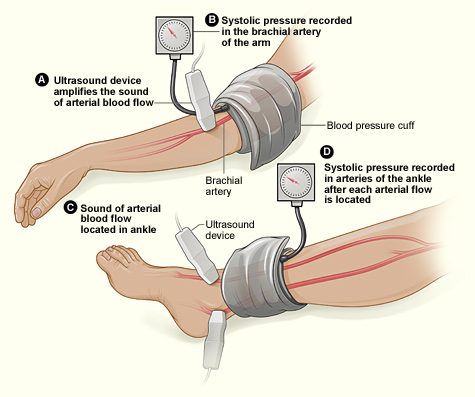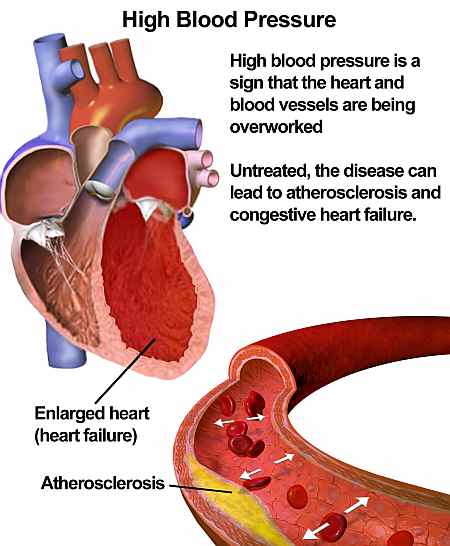An analysis of research studies has found that people taking statins, which are usually used to treat high cholesterol, are less likely to develop blood clots, either in their veins or in the lungs. Those at risk should be prescribed the drugs to prevent clots from forming, it was suggested.
Statins are the most commonly prescribed cholesterol-lowering medications that affect all aspects of the cholesterol profile: They lower LDL and triglyceride levels and raise HDL levels. Additionally, statins have been found to lower the risk of heart disease, as well as prevent subsequent heart attacks and strokes in those individuals who already have heart disease.
Ten studies involving almost 850,000 people were involved in the analysis conducted by a team at Connecticut University in America.
It was found that those on statins were 24 per cent less likely to suffer any clot, 61 per cent less likely to suffer a deep vein thrombosis and 30 per cent less likely to suffer a clot in the lung, known as a pulmonary embolism.
The findings were presented at the American Thoracic Society international conference in New Orleans.
Lead author Vanjul Agarwal, said: “Previous clinical studies have indicated statins may play a role in lowering the risk of these conditions, but these studies have yielded variable estimates of the effect of statin therapy.
“In our study, we aimed to analyze and evaluate the effect of these drugs in patients with specific conditions related to vessel blockages.”
Dr Agarwal said the statins may reduce the risk of clots by limiting inflammation.
“Patients at high risk for developing pulmonary embolism or deep vein thrombosis may be prescribed statins prophylactically. In these patients, regular use of statins could significantly reduce the incidence of PE and DVT,” she said.
Each year around 25,000 people in England die from blood clots in hospital, more than from breast cancer and 25 times more than die from MRSA.
Surgery, lying in bed, sitting on a plane for long periods, obesity and being on the contraceptive pill increase the risk of blood clots.



